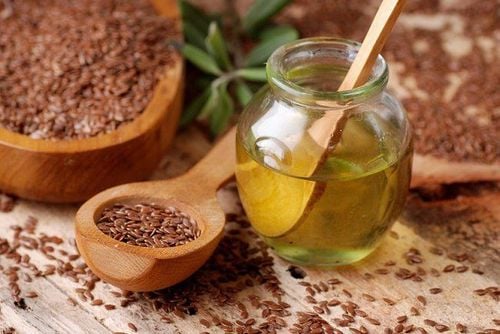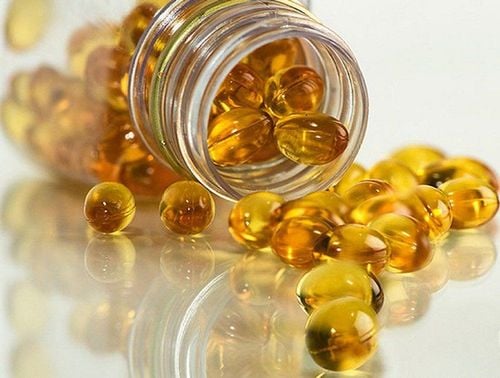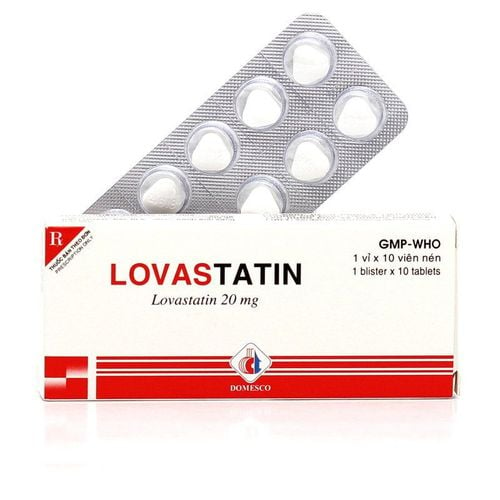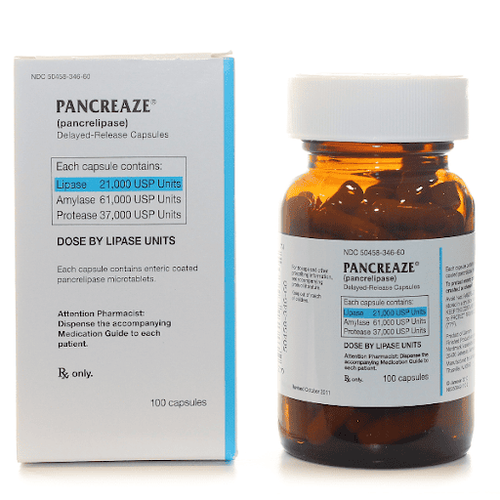This is an automatically translated article.
Duck is a dish with high fat content but very rich in nutrients for the body. Most of the fat in duck meat is healthy fat and an excellent source of protein. So what effect does eating duck meat have on the body?
1. Nutritional value of duck meat
To know what benefits to eat duck meat and whether eating duck meat is fat, you need to know information about their nutritional value. Accordingly, each 100 grams of duck meat usually has the following nutritional value:
| Calo / chất dinh dưỡng đa lượng | Hàm lượng |
| Calo | 337 kcal |
| Carbohydrate | 0 gram |
|
Chất béo - Chất béo bão hòa |
28.4 gram - 9.7gram |
| Omega – 3 | 290 mg |
| Omega – 6 | 3360 mg |
| Protein (chất đạm) | 19 gram |
In addition, duck meat also has a relatively rich source of protein as follows:
| Vitamin | % RDI |
| Vitamin B3 | 24% |
| Vitamin B2 | 16% |
| Vitamin B1 | 12% |
| Vitamin B5 | 11% |
| Vitamin B6 | 9% |
| Vitamin K | 6% |
| Vitamin B12 | 5% |
| Vitamin A | 4% |
| Vitamin E | 4% |
| Folate | 1% |
The amount of minerals in duck meat is also appreciated, in which:
| Khoáng chất | % RDI |
| Selen | 29% |
| Phốt pho | 16% |
| Sắt | 15% |
| Kẽm | 12% |
| Đồng | 11% |
| Kali | 6% |
| Magiê | 4% |
| Natri | 2% |
| Canxi | 1% |
| Mangan | 1% |
Based on the above table, it can be seen that duck meat is a type of poultry rich in fat, provides moderate protein content and contains a lot of B vitamins, selenium, phosphorus as well as iron.... Overall, this It is quite a nutritious dish.
2. Is duck meat fat?
Duck meat has a relatively high fat content, usually in between the skin and the meat. However, the fat in duck meat is unsaturated (different from the saturated fat found in animals). This amount of fat is considered healthy, with little harm to human health.
Besides, through the processing process, the amount of fat in duck will be significantly reduced depending on whether the duck is thoroughly cooked or not, or when you use it, whether you remove the outer skin.
In fact, some cuts of meat like duck breast are low in fat (2 grams, of which only 0.5 grams is saturated fat) per 85 grams of meat. This amount of fat is lower than that found in chicken breast (3 grams total fat and 1 gram saturated fat).
Duck legs and thighs have a higher total fat content (5 grams fat / 85 grams meat on average), however, duck feet still have less fat than skinless chicken thighs.
Thus, it can be seen that duck meat is a source of healthy fats and is less likely to cause obesity in the human body. This is also a food that is chosen a lot in diets - fat loss.
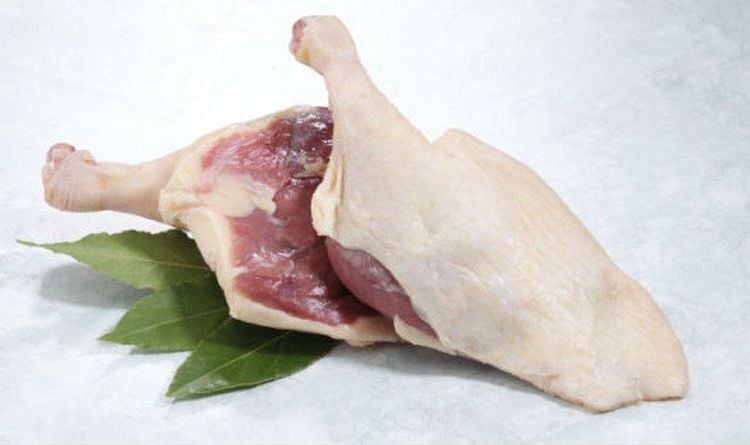
Thịt vịt có chất béo lành mạnh nên không gây béo
3. What are the benefits of eating duck meat? Summary of health benefits of duck meat
With a rich source of nutrients, duck meat can provide many unique benefits that many other meats do not have. Specifically like:
3.1. Duck skin is a great source of Glycine
Glycine is an important amino acid and has many roles in the body, such as healing wounds, promoting a good night's sleep... Each 100 grams of duck meat (including skin) can provide approx. 1614 mg of this amino acid.

Da vịt chứa một lượng Glycine có vai trò quan trọng với cơ thể
3.2. Good source of protein for the diet
Each 100 grams of duck meat (including duck skin) provides about 19 grams of protein. In particular, if only whole duck meat is counted, the amount of protein received will be significantly more, up to 23.5 grams of protein / 100 grams of duck meat.
Proteins are a group of nutrients that are essential to the body because they have the following roles:
Structure and repair of cells in the body. Build muscle mass, maintain lean mass. Enhances the activity of the immune system. Provides proteins important for skin, hair and nail health. Some proteins act as enzymes with many other catalysts.
3.3. Duck meat rich in Selenium
The main mineral in duck meat is Selenium. It is a key mineral in antioxidant activities, with many benefits for inflammatory and immune responses. Along with that, providing the right and sufficient amount of selenium daily is also very helpful for thyroid health. Notably, one study found that elderly women with low blood levels of selenium had a significantly higher risk of death within 5 years.

Thịt vịt có hàm lượng Selenium cao
3.4. Duck provides a full range of B vitamins
Duck meat contains a variety of B vitamins and especially contains vitamin B3 (niacin). This group of vitamins is very important for the body by functions such as:
Converting food entering the body into energy. Plays a role in the cognitive function of the brain. Involves the functioning of the muscular and nervous systems. Supports the production of many hormones that regulate the body. Has a certain role in the immune system. Produce DNA and red blood cells, reducing the risk of anemia.
3.5. Reduce the risk of cardiovascular disease
While fish and seafood are considered the leading source of omega-3 fatty acids, few people know that duck meat is also rich in heart-healthy acids. Eating duck meat can effectively reduce and prevent cardiovascular problems.

Thịt vịt giảm nguy cơ mắc bệnh tim mạch
3.6. Protect bone health
Some studies show that consuming animal protein, including eating duck, can effectively improve bone density and strength.
As can be seen, eating duck meat brings many health benefits. Since the source of fat in duck is mostly healthy fat, there is very little chance that duck meat will cause breakouts or cause fat in people who eat it. However, you need to pay attention to choose clean - safe duck meat at reputable stores to avoid the risk of food poisoning related to duck meat.
Please dial HOTLINE for more information or register for an appointment HERE. Download MyVinmec app to make appointments faster and to manage your bookings easily.
References: verywellfit.com, .nutritionadvance.com, .webmd.com




